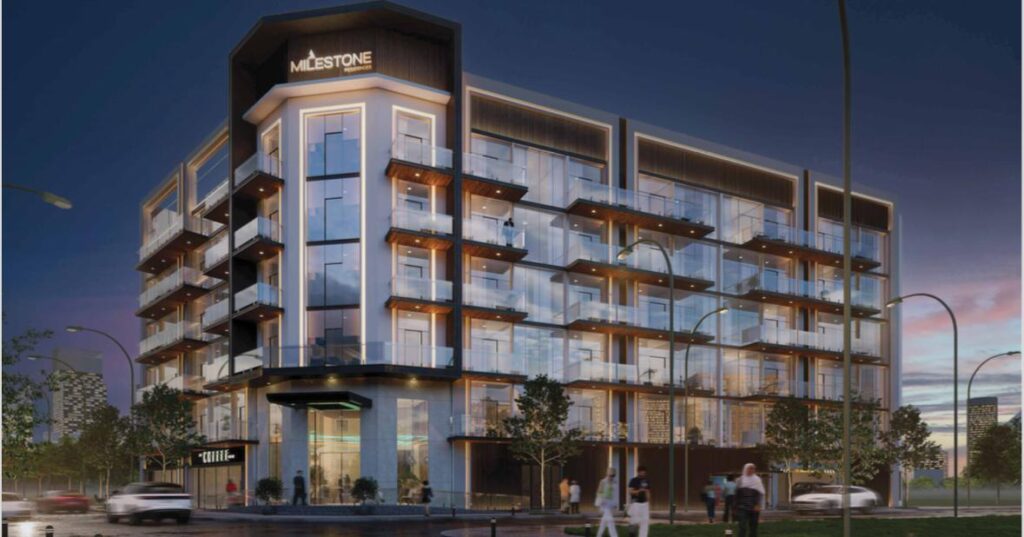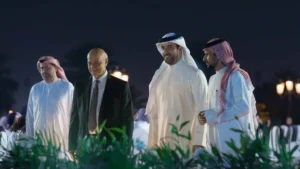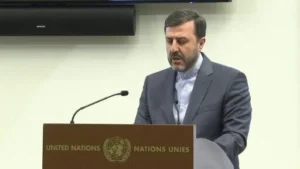
The architectural world is a maze of innovation, artistry, and, frankly, stress. Beneath the glitz and glamour of iconic skyscrapers and master plans lies a spectrum of challenges for architects and developers alike. Dubai, a city that thrives on audacious architectural statements, faces a paradox: while top-tier projects receive overwhelming attention, mid-tier developers are often left with bland, recycled designs or exorbitant price tags. This imbalance underscores a critical gap in the market—one that is ripe for disruption.
Globally, the architectural services market is projected to reach $473 billion by 2027, growing at 3.8% annually. Despite this growth, many firms focus on mega-projects, leaving mid-sized developers underserved. This gap is particularly evident in Dubai, where projects below AED 200 million rarely attract the attention of premier firms. Even when they do, the designs offered often lack the creative zest developers crave. The demand for fast, original, and cohesive architectural services remains unmet, highlighting a significant opportunity for innovation.
Several stress points plague the industry today. Architects grapple with balancing aesthetic vision and functionality, managing tight budgets, and integrating sustainability—all while keeping pace with demanding timelines. Communication breakdowns with clients often result in mismatched expectations, forcing frequent revisions and delays. Developers face their own struggles, from navigating complex regulatory frameworks to coordinating fragmented services such as architecture, interior design, branding, and marketing. These inefficiencies lead to misalignment, rising frustration, and missed opportunities.
Technology could be the game-changer here. Building Information Modeling (BIM) and AI-driven tools are reshaping how architects work, enabling faster prototyping, error detection, and real-time collaboration. However, many firms have yet to fully embrace these advancements, perpetuating inefficiencies that leave clients in the lurch. Firms like Bjarke Ingels Group (BIG) and Gensler have set new industry benchmarks by integrating creativity, technology, and practicality. These firms not only excel in architectural design but also provide end-to-end services that align with business goals, branding, and market strategies. Their success demonstrates how emerging players can scale effectively by adopting similar strategies.
The modern architectural industry is also increasingly about storytelling. Developers are no longer just commissioning buildings; they’re commissioning brands. Buyers and investors demand immersive marketing tools, cohesive narratives, and designs that resonate emotionally and culturally. Firms like Snøhetta and Herzog & de Meuron understand this, crafting spaces that are not only functional but also iconic and market-ready. They emphasize collaboration across disciplines, ensuring that architecture, interiors, and branding converge into a seamless whole.
For Dubai, the path forward is clear. A one-stop-shop model that caters to developers of all tiers—offering creative designs, interior packages, sales tools, and brand identity—has the potential to disrupt the market. This approach addresses all the major pain points: speed, cost-efficiency, creativity, and integration. By embracing technology, prioritizing mid-tier projects, and offering holistic solutions, firms can redefine what it means to deliver architectural excellence. The question isn’t whether this model will succeed; the question is how soon it will become the new standard. Dubai’s skyline may already be legendary, but its architectural process is overdue for its own transformation.
About the Author
Hamzah Abu Zannad is the Co-Founder and Managing Partner of Axiom Prime Real Estate Development, a trailblazer in luxury real estate. With extensive expertise in marketing strategy, business planning, and client retention, he has spearheaded the creation of boutique residential communities that emphasize low-density living with a modern edge. Drawing on decades of experience across the Dutch and Dubai markets, Hamzah is passionate about combining cutting-edge smart technologies with innovative design to redefine luxury living. His leadership fosters a culture of collaboration and forward-thinking, ensuring every project embodies excellence and exclusivity.
Also Read:
Sheikha Bodour Claims that National Day is a celebration of the UAE’s Accomplishments






